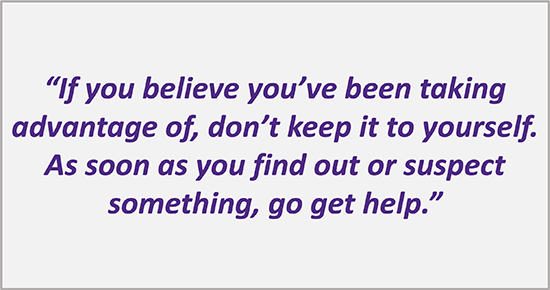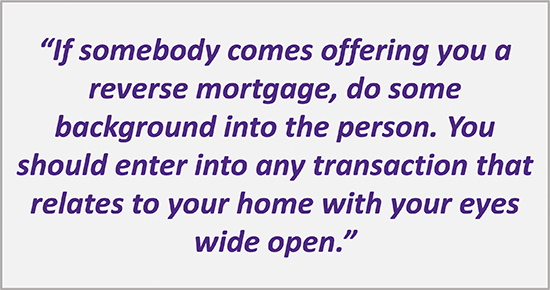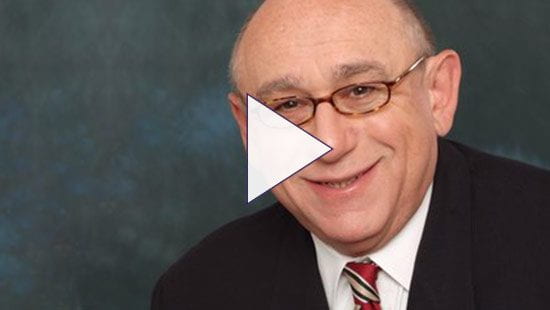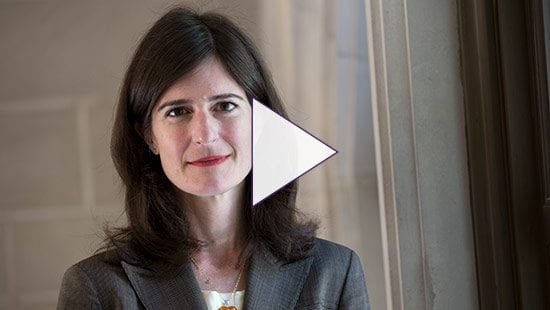To protect their homes from bad actors, it is important that homeowners are aware of the dangers of fraud, particularly reverse mortgage fraud.
In this module, you will learn:
- Common types of fraud targeted at homeowners;
- What is a reverse mortgage, and how reverse mortgage fraud is conducted against homeowners; and
- Ways to avoid and protect yourself from fraud.
You can download a document summarizing the key takeaways from this module here: Module 3_Reverse Mortgage Fraud_Key Takeaways
Interview: Professor Sam Tenenbaum, Northwestern Pritzker School of Law
Sam Tenenbaum is an expert in the field of litigation and has practiced in courts throughout the United States as well as in foreign jurisdictions. Sam is the director of the Complex Civil Litigation and Investor Protection Center at the Bluhm Legal Clinic at Northwestern Pritzker School of Law. He is also a member of Tenenbaum Law, LLC, and a Commissioner on the Uniform Laws Commission.
Key Takeaways
- Common frauds perpetrated against homeowners include: shoddy home repair services, fraudulent transfer of homeownership, mortgage fraud, and misrepresentation of government services.
- Fraud is not always perpetrated by strangers. “Affinity fraud” is fraud that occurs when a person is defrauded by someone with a personal connection to the victim, such as a familial, social, or cultural relationship.
- To avoid becoming a victim of fraud, it is important that homeowners: (1) not sign any documents related to their homes that they do not understand, and (2) try to get an independent person to review any documents before signing them.

Interview: Professor Juliet Sorensen, Northwestern Pritzker School of Law
Juliet Sorensen is a Clinical Professor of Law associated with the law school’s Center for International Human Rights, where her teaching and research interests included international criminal law, corruption, and health and human rights. Professor Sorensen is the director and founder of the Northwestern Access to Health Project, an interdisciplinary partnership that analyzes access to health in resource limited settings. From 2017 -2019, Professor Sorensen served as the Associate Dean for Clinical Legal Education and Director of the Bluhm Legal Clinic.
Key Takeaways
- A reverse mortgage is a loan. Only homeowners who are at least sixty-two years old and have considerable equity in their homes are eligible for reverse mortgages.
- In a reverse mortgage, the loan can come to the homeowner as one lump sum payout, or as a fixed monthly payout or credit. The entire loan balance becomes due when the borrower dies, doesn’t live in the home, or sells the home.
- Reverse mortgage fraud occurs when somebody, unbeknownst to the homeowner, takes out a reverse mortgage in the homeowner’s name and takes the cash from the loan.
- To protect themselves from reverse mortgage fraud, it is important that homeowners keep records of all documents and paperwork related to their homes.
- Before taking out a reverse mortgage, it is important that homeowners involve family members or people they trust in the decision-making process.

Additional Resources
- Consumer Financial Protection Bureau: Reverse Mortgage Discussion Guide
- Illinois Department on Aging: The Reverse Mortgage – What You Need to Know
- Illinois Reverse Mortgage Act
- Cook County: Property Fraud Unit
- Office of the Attorney General, State of Illinois: Reverse Mortgages
- WISER / NAPSA: Reverse Mortgage Scams


